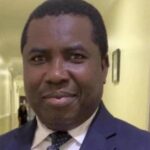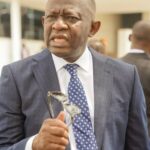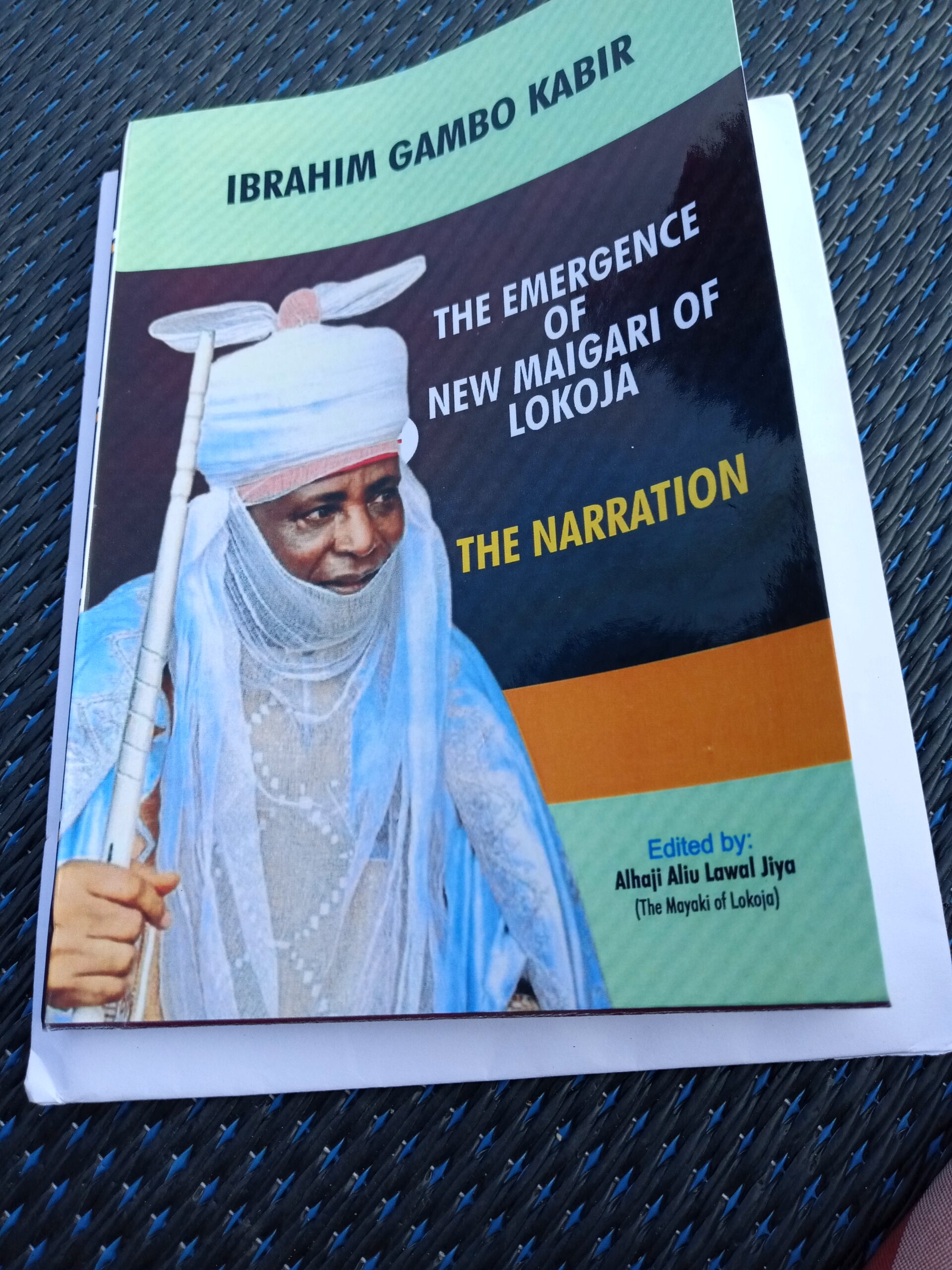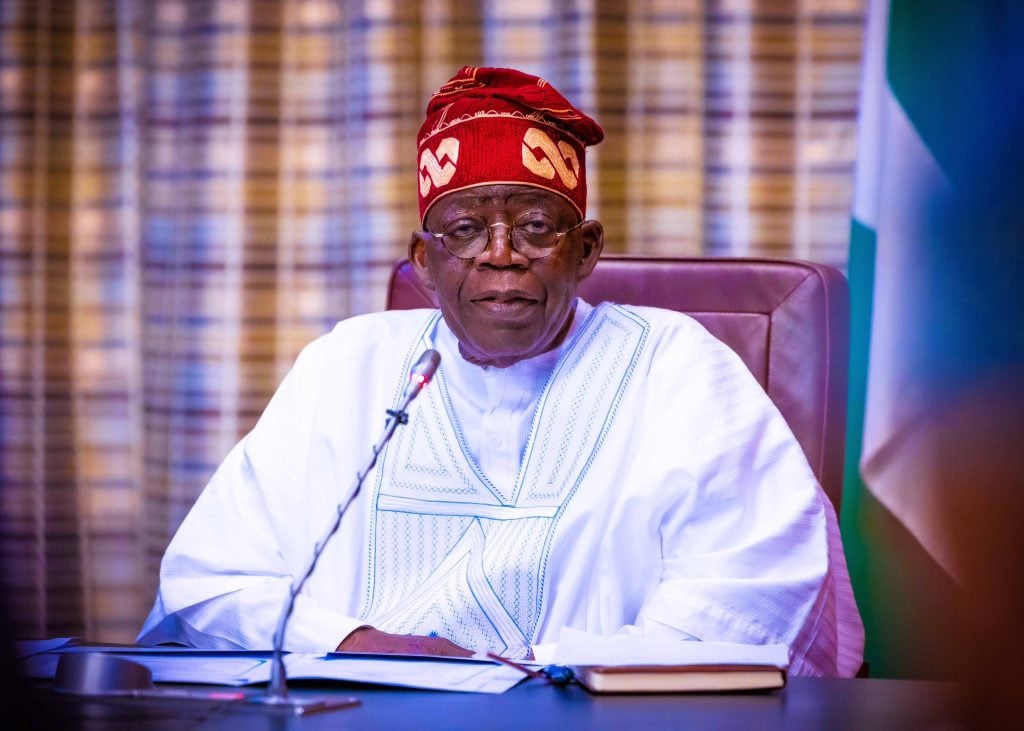
By Sam Omatseye
I remember the great Aminu Kano and I look at Muhammadu Buhari, and I say, let us not forget the talakawa. They are the northern jewel, but they are more like gold dust in the mud. Their shine will never match their value because, somehow, no one allows them to be.
Today, the growl of the bandit is the voice of the talakawa, a distorted echo of their elegancies. It is more their frustration, its loss of leverage, its fall out of grace. Most of them are helpless while a few among them are wrecking the house.
The poor in the north has never purred with joy. Each time salvation peers, it veers into trouble. Whether in the mining storms of Zamfara, in Kaduna where home is no longer refuge as they become refugees, the anarchy in Niger, ghost farms in Sokoto, or the villages on their knees in Borno, the talakawa are a people adrift for a long time. What we are seeing today is a culmination of failure, not of the poor man but of the northern elite, especially that segment that has always seen them as at once battle axe and breastplate.
The past half century has been the story of two men the talakawa gave a worshipful bow. They were their fount and redemption. With the duo, they peered at a promised land but their feet ran cold. When Aminu Kano rose, he came with faith and butter. He was a great Islamic icon as well as Marx’s marksman. His vision was an alchemy of God and the world, materialism with mysticism.
He was conscious of the north as feudal forte. He wanted to free the poor. He formed the Northern Elements Progressive Union (NEPU). The choice of the word ‘elements’ has often fascinated me. He craved to conjure Marx out of the people: their skill, their sense of justice, their rage, and above all, a quest for equality. He wanted to overthrow the feudal system. He was a sort of Abdel Nasser of Egypt, who sought to dismantle feudalism. But Kano opted for suasion over revolution, or the ballot over blood, a revolution of the willing and not Nasser’s staccato of gunfire. He was Nasser’s dove.
Gradually, the poor knew Kano, and followed him. He became, next to Awo, the most genuine political leader of his generation. But more than Awo, he was the great mobiliser. He fought against an ideological mountain. He was a loner for equality. He exposed elite hypocrisy while praying at the same altar. He enshrined a war against privilege and entitlement, against the confidences of class divide sanctioned by faith. He asked his people to see the Quran and also inhale the disruptive scents of Das Kapita, and make wedlock of butter and the book. He was squaring up to over a century of sanctimonious contempt.
They loved him enough to give him a berth in the Second Republic. The two big prizes of the North, Kano and Kaduna States, bowed to the noble impulses of new party, The People’s Redemption Party. He had Governors Abubakar Rimi and Balarabe Musa. It turned out that the two stewards of his vision, Rimi and Balarabe, fell short and cut him short. Rimi embraced ideological flamboyance. Musa lacked tact. Both of them lost their way with their leader. Kano’s vision was lost to the bargain, and the man who had fired a great crowd and brought men like Soyinka, Bala Usman and Achebe to the fold was left a spectator of his own impotence.
That was the first big disillusion of the masses. They looked for another, and had to wait for one tall, gangling man of reticent ways and winsome face. He first materialised with a beret in his first misadventure, which included a coup that ended Kano’s life adventure. And because of that misadventure, he nurtured the talakawa. If Kano captured the talakawa with ideas and charisma, Buhari did with soul, a mystical air and spartan exterior. He was the messiah they were waiting for. They were with him always, in temptation and narrow triumphs. They were with him until, after four tries, he won the crown.
Before him they had been astray. Now they wanted to climb out of poverty. They wanted what Aminu Kano promised. They wanted to have good education, good jobs, good homes. They wanted an end to the al majiri system. They wanted the girl child out of the persecutions of genital tyranny and husband’s patriarchal furies. They wanted to traipse into the bright light of the classrooms. Kano was a short, sprightly fellow. His (Buhari’s) head sometimes dodges a lintel. He was Kano’s reincarnate.
Rather, in his backyard, students are carried away in long treks, their villages come down in ruins from gunfire and machetes. The poor are getting poorer and the rich are purring. No safety at home. No school to nurture the mind. because the bandit has spoken. They are still betting on a suspect future while the rich are belching from pots above their waists. His north is the prostrate part of the country, where the talakawa lives but mostly looks to God and not to the man they saw as messiah.
The people always stray when they don’t find their leaders. But once they see a person who flatters their secret hopes, they exalt and follow. When Moses left to the mountain, the Israelites strayed to other gods. They crave what Weber called the charismatic fellow. If anyone dresses up in that toga, they make him an altar, whether he is genuine or not. Napoleon emerged on the ruins of French rabble. Moses stuttered his away to his people’s redemption. They are either good or bad. Hence Brecht was wary of heroes. “Unhappy is the land that needs a hero,” he wrote. He knew heroes often are made of clay feet. “No man’s virtue is complete, the great Galileo loved to eat.” Even in the southwest, Igboho is whipping up nativist ire and reifying himself as the new Yoruba leader. He does not know that a blast can wipe everyone. His Yoruba kin are all over the country. As my father Moses once said, don’t throw a stone in the market because you cannot guarantee the safety of your mother.
The streets and villages are alive with death and dying. The talakawa is broken and today is not the day if they are looking for that man who can flatter them into salvation. What we should fear is not the civil war that Abdulsalami Abubakar invoked, but anarchy. Anarchy is worse than civil war. It foments many centres and trajectories of trouble. The centre cannot hold. We are seeing a void when we need the president’s voice.
The rise of violence from the herdsmen is a consequence of a void. The excuse that the marauders came from outside the country does not explain why they can still thrive within the Fulani in the country and blend. If there is no weakness within, the outsider has no entryway. As French philosopher Montesquieu said, a republic cannot be broken from outside. The infiltration of infection is here. Before he took his bow, President Washington warned that American democracy would only fail if the system developed its own internal fault lines.
The talakawa are now left to their own devices. That is what we are seeing all over the place. How can we stop a killer who makes a big ransom of millions of Naira in a day’s work when as almajairi he will not make same in a lifetime. When the government relies on a religious minister rather than its own minister to make peace with bandits, it means it has lost the argument. They say we should forgive the bandit who killed and raped but leave the crayfish thief in Kirikiri. It means we have it all upside down. It is the same lack of care that produced the bandit that is forcing us to broker peace on its own term. The innocent are brought to the justice of the murderer.
It is a failure of political stewardship. The talakawa had two heroes. They both failed them. Having no God and no man to follow, they are shooting their way to their own promised land











